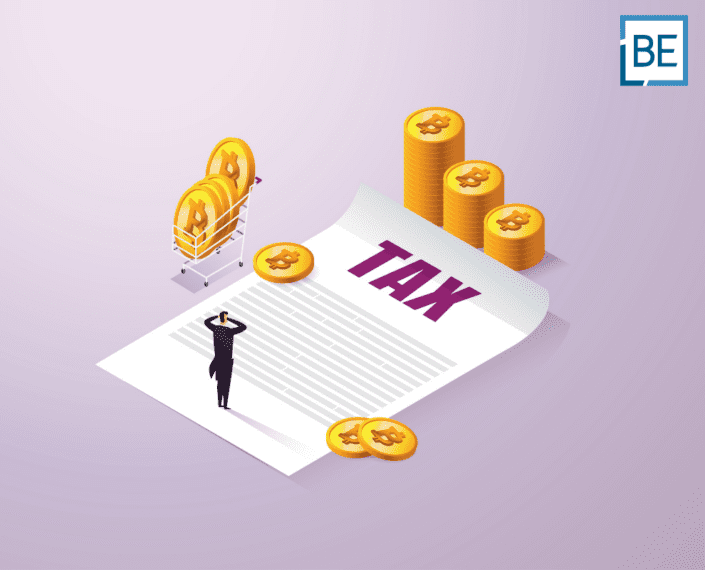Belaws Home ›› Thailand ›› Blog ›› Understanding Escrow Accounts in Thailand: A Guide to Secure Transactions
accounting and secreatary
Understanding Escrow Accounts in Thailand: A Guide to Secure Transactions
08/03/2023
Trust is essential when conducting transactions in Thailand, whether buying or selling property, acquiring a business, or engaging in international trade. To ensure a smooth and secure exchange of goods or services, many individuals and businesses use escrow services.
An escrow account provides a neutral third party to hold funds until all transaction conditions are met, ensuring a safe and reliable transfer of assets. In this blog post, we’ll take a closer look at escrow services in Thailand, including what they are, how they work, and the advantages they offer buyers and sellers.
Key points
- Escrow accounts provide a secure method for buyers and sellers to complete transactions.
- Escrow accounts where an independent third party holds the money or assets used in a transaction until all transaction conditions are satisfied.
- Escrow accounts provide security and transparency for a transaction.
What is an Escrow account?
The standard definition of an escrow account is an impartial holding of documents or funds related to the sale and transfer of a property. An Escrow Account is a temporary pass-through account where an independent third party holds the money of an asset during the transaction process between the two dealing parties.
When would you use an Escrow account in Thailand?
In Thailand, escrow accounts can be used when a secure transaction is required between two parties—for example, real estate transactions, business acquisitions, and international trade.
What are the advantages of using an Escrow account?
Escrow accounts offer several advantages, including:
- Security: Escrow accounts provide a secure method for buyers and sellers to complete transactions. This is because a neutral third party holds the funds to complete the transaction until all transaction conditions are satisfied.
- Transparency: All the parties who are involved in the transaction have access to and are aware of the terms and conditions of the Escrow agreement.
- Reduced risk of fraud: Escrow accounts help reduce the risk of fraud, as the Escrow agent ensures that all transaction conditions are met before releasing the funds.
- Confidence: Escrow accounts can increase the confidence between contracting parties as they know that a neutral third party is managing the transaction, as there is less chance of any fraudulent activities.
- Flexibility: Escrow accounts can be used for numerous transactions and provide a flexible solution for many scenarios and transactions.
Using an Escrow account can provide peace of mind and security for everyone involved in a transaction.
Who can act as an Escrow agent?
In Thailand, the following can act as an Escrow agent:
- A juristic person, as prescribed in the Ministerial Regulation
- A financial institution
Please note that an Escrow agent must obtain an escrow business license to operate the business.
What do Escrow agents do?
As per the Escrow Act B.E 2551, an Escrow agent must monitor the performance of obligations by the parties to the contract per the period of time and conditions stipulated in the Escrow contract.
Furthermore, an Escrow agent is required to take care of money, property, or documents that form the obligations that the parties to the contract have delivered to his or her possession and to deliver the money and cause the transfer of ownership or property rights to the party to the contract (section 7).
What is included in an Escrow contract?
Section 6 of the Escrow Act states that the escrow contract must be made in writing, signed by the escrow agent and the counterparty, and contain the following:
- The names and addresses of the parties to the contract and the escrow agent
- The date of entering into the escrow account
- The name of the reciprocal contract as stipulated between the parties to the contract
- The time period or conditions for delivery of property or document embodying the obligations and delivery of money by the parties to the contract
- The rules for the transfer of money from the escrow account
- The rules, duties, and liabilities of the parties to the contract and the escrow agent
- Remuneration and other charges about escrow
- Any other particulars as prescribed by the committee
Who can offer an Escrow Account in Thailand?
Financial institutions or commercial banks in Thailand are the only institutions that can offer Escrow agent services.
Authorized banks include:
- ABN Amro N.V Bangkok Branch
- Bangkok Bank
- Citibank Bangkok Branch
- HSBC Bank
- Kasikorn Thai Bank
- Krung Sri Ayuthaya Bank
- Siam Commercial Bank
- Standard Chartered (Thailand) Bank
- Sumitomo Mitsui Banking Corp
How can Belaws help?
You can talk directly to one of our experts for more information about Escrow services in Thailand.
This article is for information purposes only and does not constitute legal advice.
Our consultations last for a period of up to 1 hour and are conducted by expert Lawyers who are fluent in English, French and Thai.
Consultations can be hosted via WhatsApp or Video Conferencing software for your convenience. A consultation with one of our legal experts is undoubtedly the best way to get all the information you need and answer any questions you may have about your new business or project.
USD 150
Up to 1 hour
Online payment (Paypal or Credit card)
Legal consultation can be conducted in English, French or Thai
Legal consultations are handled by experienced lawyers from the relevant fields of practice
Frequently asked questions
What is an escrow account in Thailand?
An escrow account is a temporary pass-through account where an independent third party holds the money or asset during the transaction process between two parties to ensure a secure and reliable transfer of assets.
When would you use an escrow account in Thailand?
An escrow account can be used in Thailand for transactions that require a secure transfer of assets between two parties, such as real estate transactions, business acquisitions, and international trade.
What are the advantages of using an escrow account?
Some advantages of using an escrow account in Thailand include security, transparency, reduced risk of fraud, increased confidence between contracting parties, and flexibility.
Who can act as an escrow agent in Thailand?
In Thailand, a juristic person prescribed in the Ministerial Regulation or a financial institution can act as an escrow agent, but they must obtain an escrow business license to operate.
What is included in an escrow contract in Thailand?
An escrow contract in Thailand must be made in writing, signed by the escrow agent and the counterparty, and contain information such as the names and addresses of the parties, the date of entering into the escrow account, the time period or conditions for delivery of property or document embodying the obligations and delivery of money, and the rules, duties, and liabilities of the parties to the contract and the escrow agent.
Related articles
Subscribe today
Subscribe today
To our newsletter for all the latest legal news
in South East Asia, Belaws updates and
special promotions on our services.
To our newsletter today for all the latest legal news in South East Asia,
Belaws updates and special promotions on our services.







